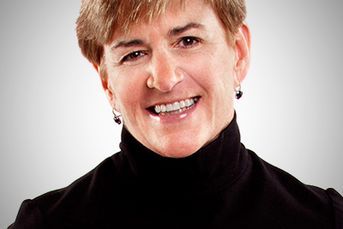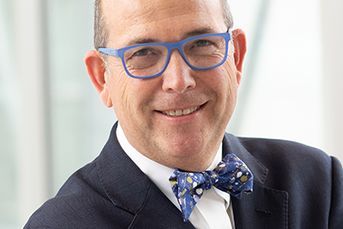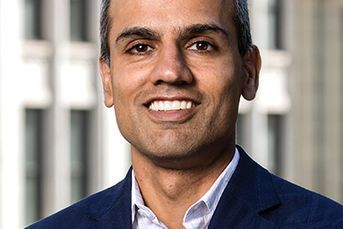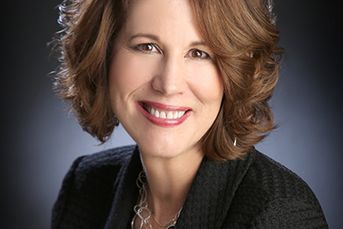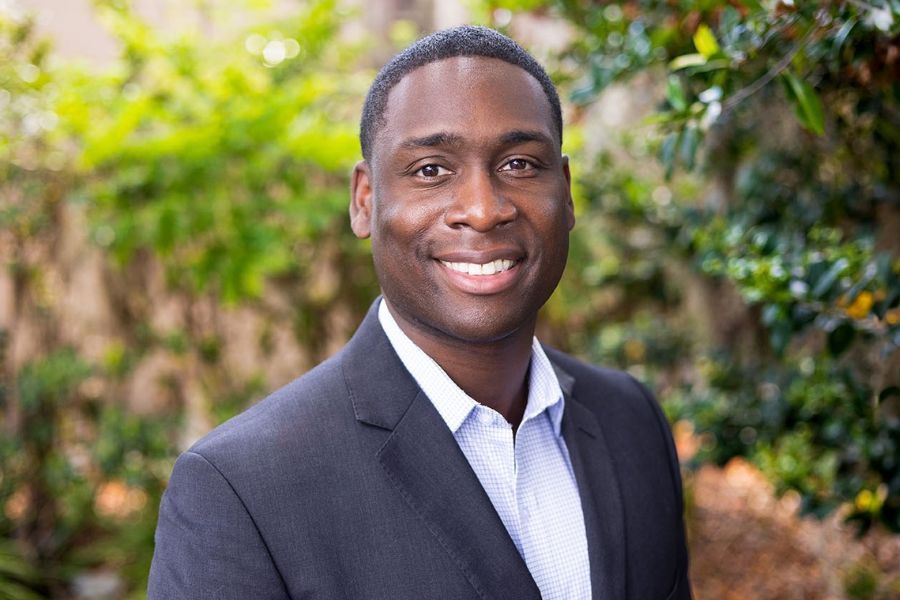Advisers seen as key to success of ‘impact investing’
The expanding universe of socially conscious investments is beginning to coalesce under one umbrella: “impact investing.”
The expanding universe of socially conscious investments is beginning to coalesce under one umbrella: “impact investing.”
Financial advisers are the key to this market, according to a study on this trend.
New infrastructure and platforms are emerging to address this expanded focus, which encompasses such areas as climate change, clean technology, sustainable agriculture, community development and microfinance, among others. And while foundations and institutions are leading the way, opportunities for retail investors aren’t far behind.
Unlike traditional socially conscious investing, which typically screens out undesired elements from a traditional investment portfolio, impact investments “have an active social and/or environmental objective, in addition to a financial objective,” according to a definition in a study from Hope Global Consulting LLC.
According to the study, which was released in May, the “impact” market in the United States is worth $120 billion.
“In the next five to 10 years, investing for impact could grow to represent 1% of global assets under management [held] in 2008 … a market of about $500 billion,” according to a study released last year by the Monitor Institute.
ADVISERS’ NO. 1 SOURCE
Advisers constitute the No. 1 source of information for investors regarding impact investment opportunities, according to the Hope report.
The report also shows that investor interest is strong.
“The key barriers investors see relate to the immaturity of the market, not the social or financial qualities of the investment opportunities,” according to the report.
This very market immaturity is what the Global Impact Investing Network has set out to address.
Launched last year, the network — encompassing large-scale financial services institutions, family offices, retail and investment banks, family foundations, retirement fund managers, institutional foundations and specialized impact investing funds — has a mandate to “address systemic barriers in the development of this industry,” said Amit Bouri, director of strategy and development.
The organization is building infrastructure for the industry by convening educational forums, developing accounting standards based on generally accepted accounting principles, coming up with definitions to apply to the various social and environmental investment vehicles, compiling an impact investment funds database and providing outreach such as media relations.
The growth of the impact investing industry is influenced largely by a new generation of investors.
“Many of them are familiar with the idea of using the market to solve social problems,” Mr. Bouri said.
Another growth influence is the economy.
“In response to the global financial crisis, people are revisiting conventional norms in investing,” Mr. Bouri said.
Broker-dealer Mission Markets Inc. is poised to capitalize on this growing interest. It offers two transaction platforms — Mission Markets, which allows direct investment in organizations with a socially focused mission, and Mission Markets Earth, which provides access to environmental-market credits.
The “social markets” include offerings in areas such as health care, financial services, organic farmland and water quality, while the environmental markets include carbon credits, renewable-energy credits, conservation credits, water rights, easements, etc. An environmental credit is a financial instrument created from a positive environmental action that can be used to offset a negative one; a carbon credit, for example, is a tradable certificate representing the right to emit one ton of carbon dioxide.
This one-stop-shopping approach is what makes the Mission Markets platform the first private sustainable investment exchange of its kind, said Michael J. Van Patten, the firm’s chief executive and founder.
“It’s most important to centralize the information because these markets are all connected in some way,” he said.
The platforms are available only to accredited investors and advisers, including foundations, high-net-worth individuals, private-wealth managers and broker-dealers, but they will be opened up to all investors within the next few months, Mr. Van Patten said.
Anticipating the entry of retail investors, Mission Markets is negotiating to create a referral relationship with First Affirmative Financial Network LLC, a registered investment adviser specializing in socially conscious investing that manages more than $650 million in assets. The referrals would be intended for investors not working with a qualified adviser or who wanted more information about socially conscious investing.
Many of these investment vehicles, such as environmental credits, are already available to the retail investor, but not in a convenient or readily accessible way, said Steve Schueth, president of First Affirmative.
The Mission Markets platform “will save a lot of time just finding out what exists to invest in. We’ve needed this type of thing for years,” Mr. Schueth said.
EMOTIONS A CONCERN
Mr. Schueth emphasized that the platform itself won’t facilitate investors’ due diligence.
“Our role as First Affirmative advisers is to help with the due-diligence role and help the client devise a properly diversified portfolio,” he said.
Because individuals could transact directly through the Mission Markets platform, some are concerned that investor emotions might be a detrimental factor.
“Sometimes people want to invest so strongly because their hearts are so into it, and they may not follow up with due diligence,” said Tom Moser, associate director of the portfolio resources advisory group.
Investor interest in socially conscious investments continues to deepen.
“I have clients all the time who want to invest, for example, in organic agriculture. It’s hard to find those types of investments,” said Pamela Stamper-Brandt, a registered adviser representative of Portfolio Resources Advisor Group.
She is enthused about the idea of having access to alternative-investment vehicles such as carbon credits — both for her clients and for society.
“It would encourage companies to come up with credits to raise money and reduce carbon output,” Ms. Stamper-Brandt said.
Learn more about reprints and licensing for this article.


